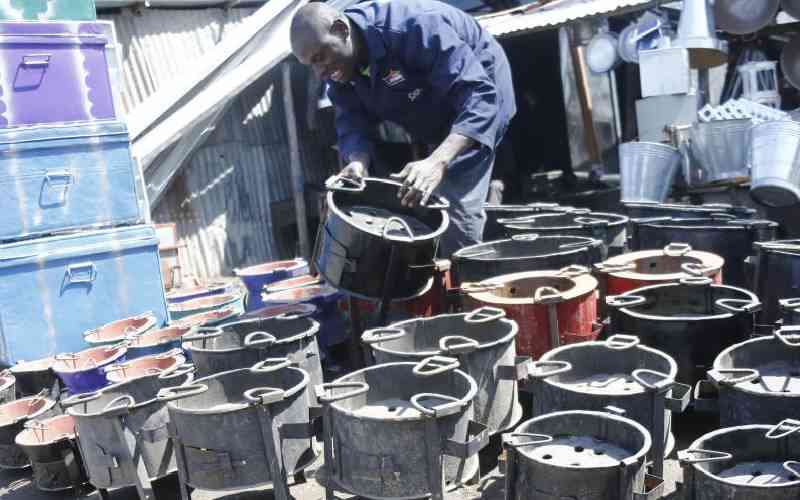×
The Standard e-Paper
Home To Bold Columnists

State agencies are racing against time to seal possible infiltration of cartels in the assessment of skilled Kenyans who lack academic certificates ahead of next month's national rollout.
This follows fears by heads of technical colleges and other stakeholders that fake academic certificates, low uptake due to an entrenched negative attitude towards technical colleges and costing have not been adequately addressed to facilitate the smooth rollout of the programme.